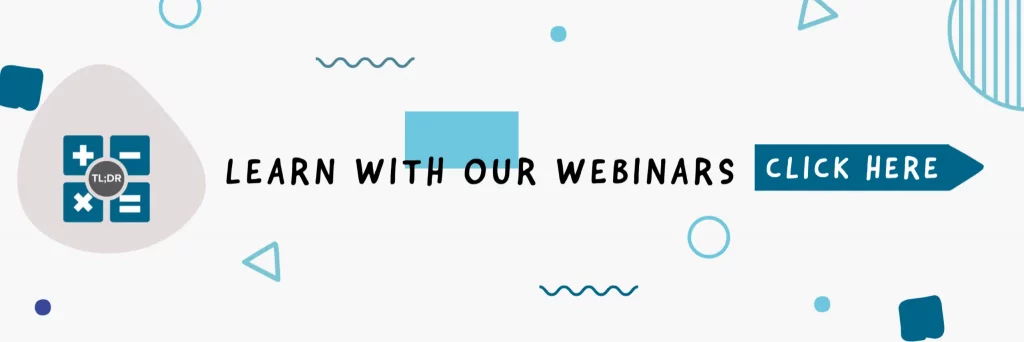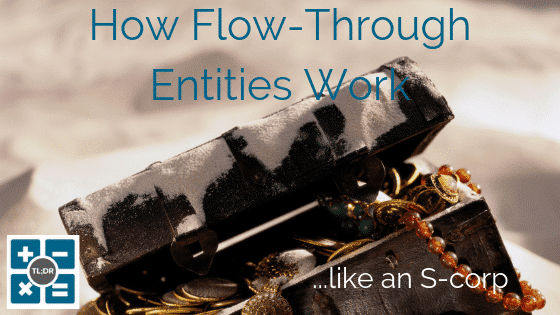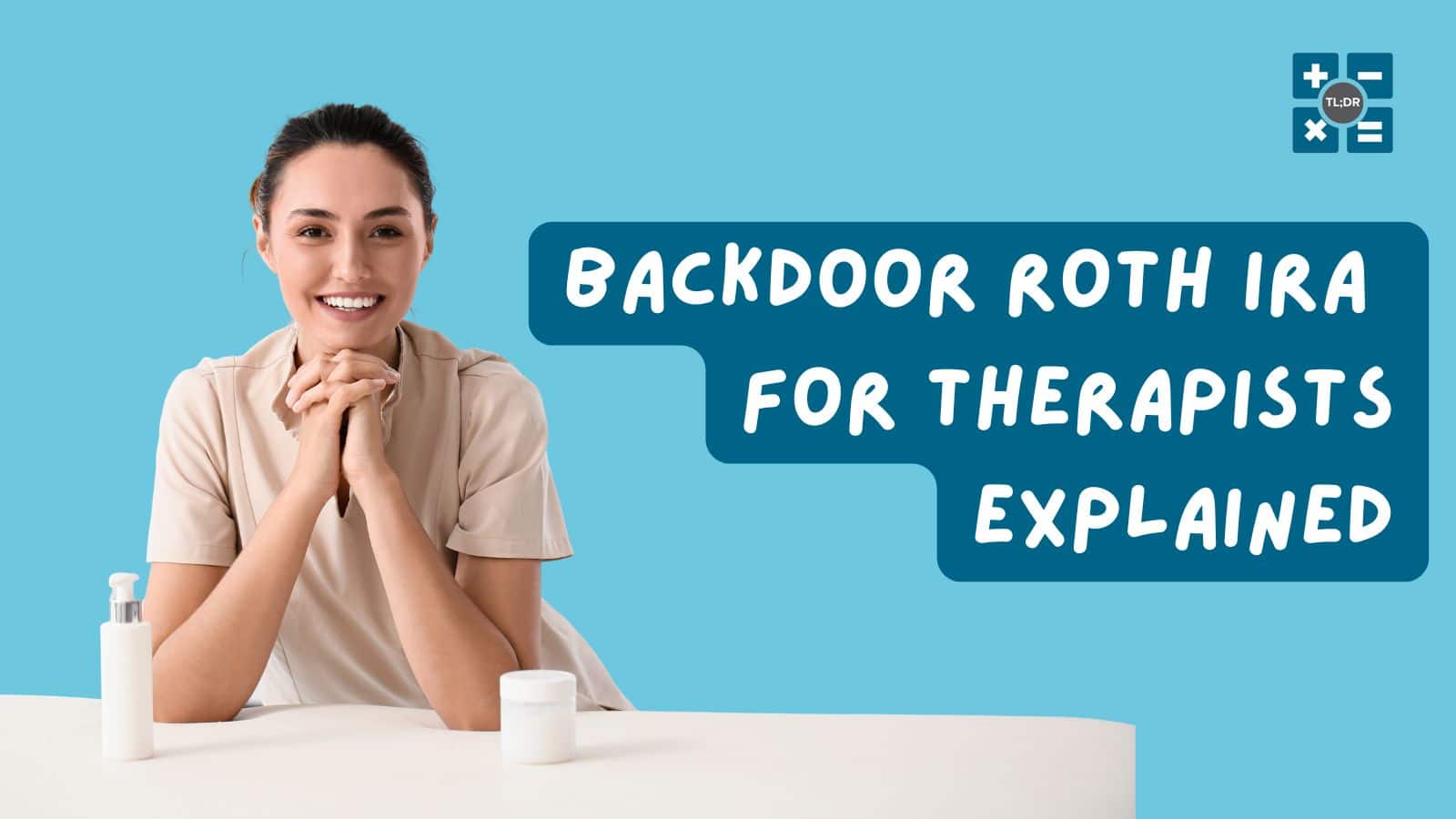If you’ve been keeping up on our S-Corp series, you’ve probably aware of a few important facts about S-Corporations:
- They must file an annual tax return.
- They do not pay taxes.
So why do S-Corporations have to file a tax return if they don’t ever pay taxes?
Divvying Up the Treasure
When thinking about S-Corporation tax return, let’s use a pirate analogy for fun. Your ship’s pay is similar to a corporation. All of the workers on your ship get their regular wage, whether it’s salary or hourly. You and your co-captain take a wage and then get to decide how to spend the remaining money. You can reinvest your cash into the company by spending it on cannon balls, grog, and fancy hats. Or you can decide to pull some doubloons out of the treasury for yourself, purchasing an estate in Saint Kitts or secretly burying the treasure for later.
The year has ended and you and your co-captain Anne Bonny, as dutiful law-abiding pirates, are prepared to pay your taxes to Her Royal Majesty. First you open the treasure chest to marvel at all the beautiful doubloons you’ve earned. The pirate business is still going strong, so you’re not going to pull all your doubloons out yet. You plan to reinvest them and maybe even take a Section 179 deduction on a sweet new broadside cannon.
Now, Her Majesty isn’t going to give you a free pass on taxes just because you didn’t pocket any extra doubloons beyond your regular salary last year. She still wants her taxes whether or not you take money out of the company, and she’s taxing you personally and not the company. The tax you owe depends not on the number of doubloons you have, but how successful your piracy was over the last calendar year.
So you and Anne put your heads together and fill out a form that not only records your venture’s piratical earnings of the previous year, but also divides these earnings into two portions that are then attached to each of your personal tax forms. Indeed, you find that you need to pull some doubloons out of the chest just so that you can pay your taxes!
TL;DR: Analogies aside, here are the basic points of flow-through (aka “pass-through”) entities:
-
They don’t pay taxes, but they must file taxes.
-
The purpose of flow-through tax forms is to attach income to a tax-paying entity, namely you. This is done via the Schedule K-1 on Form 1120S.
-
Often the owners of a corporation must take a distribution in order to pay their corporation’s taxes.






